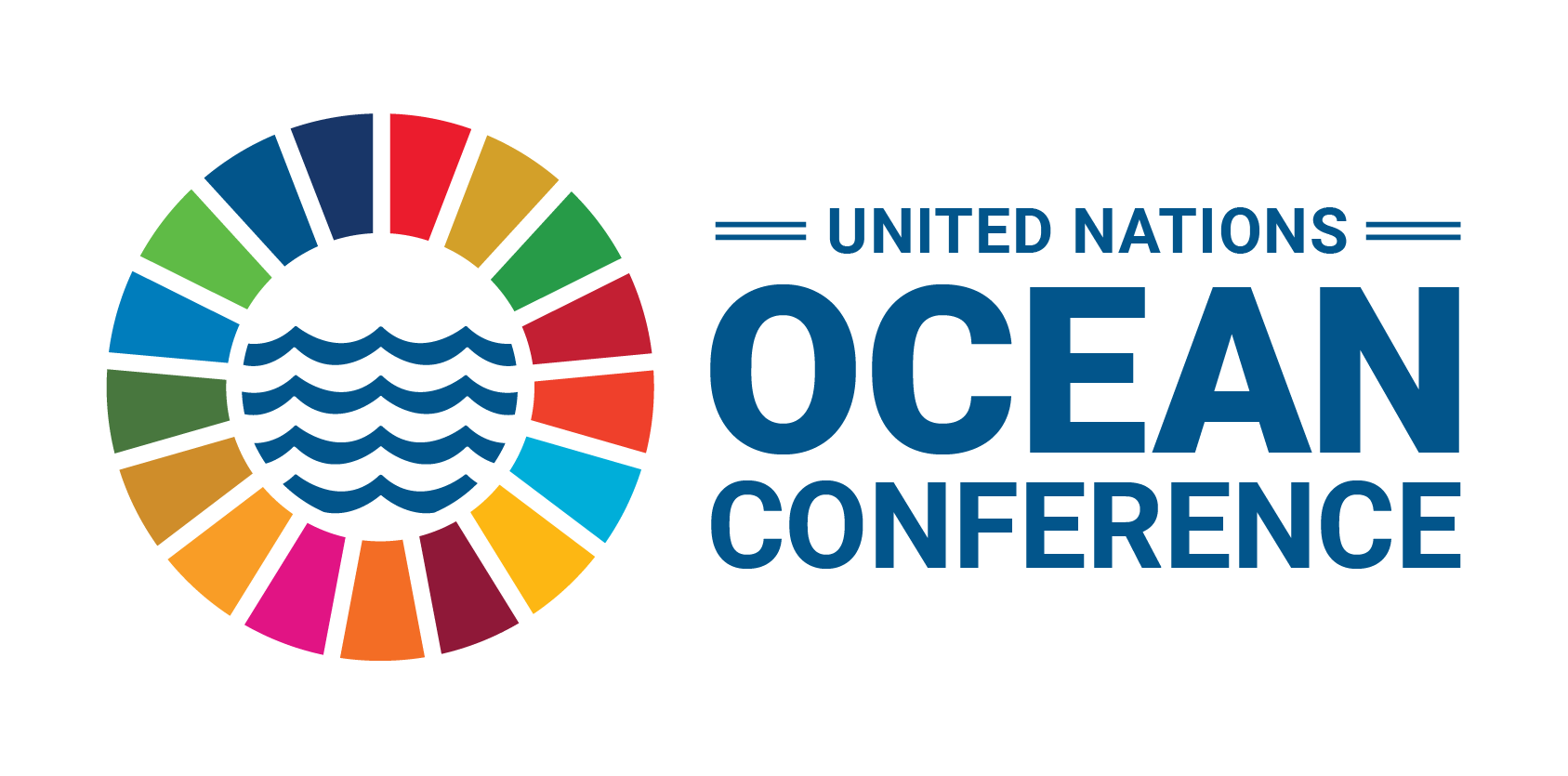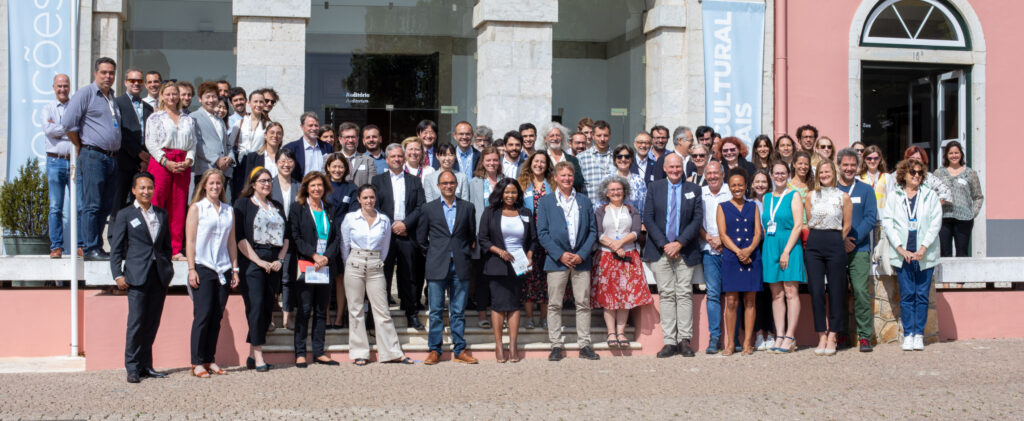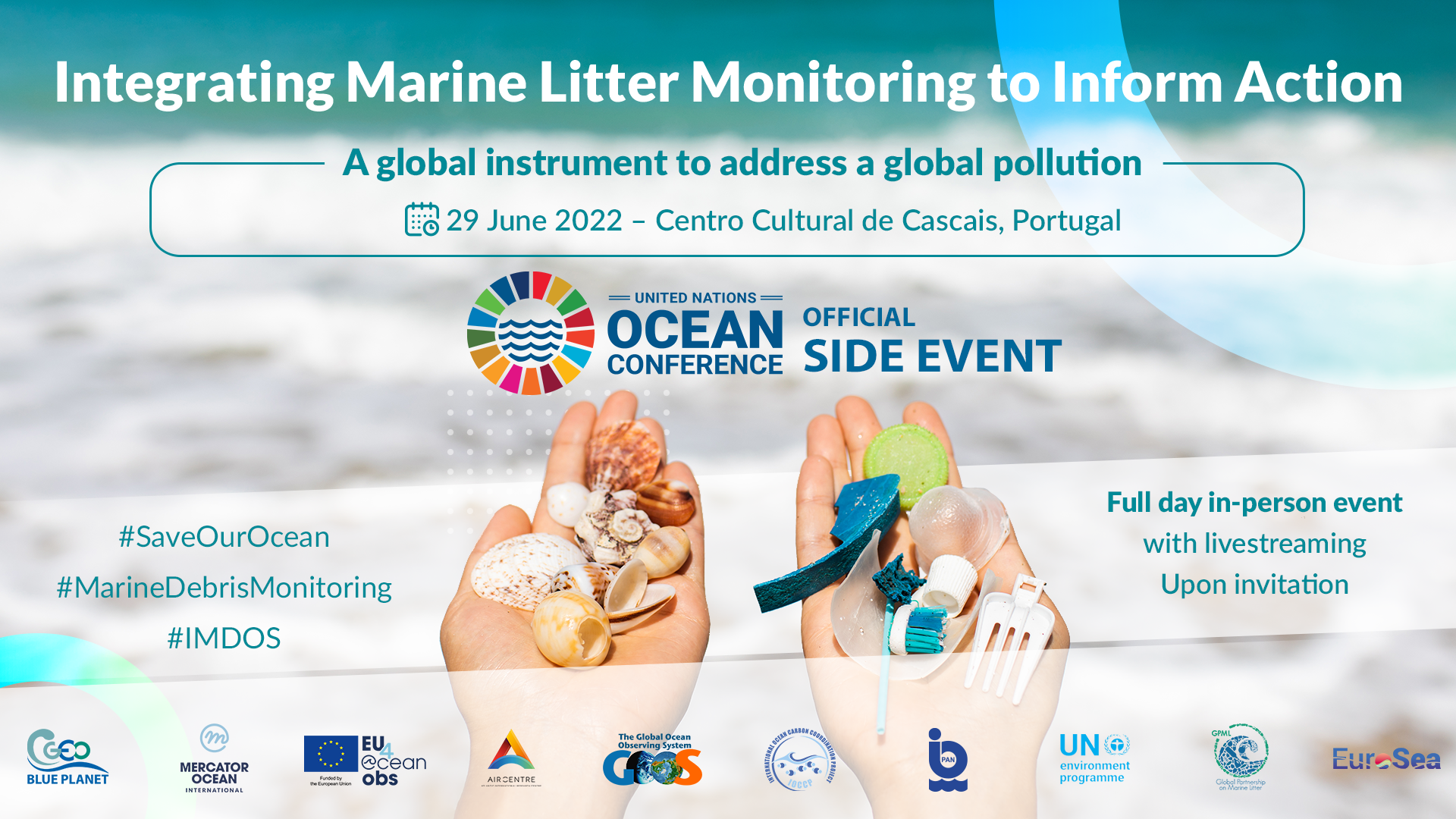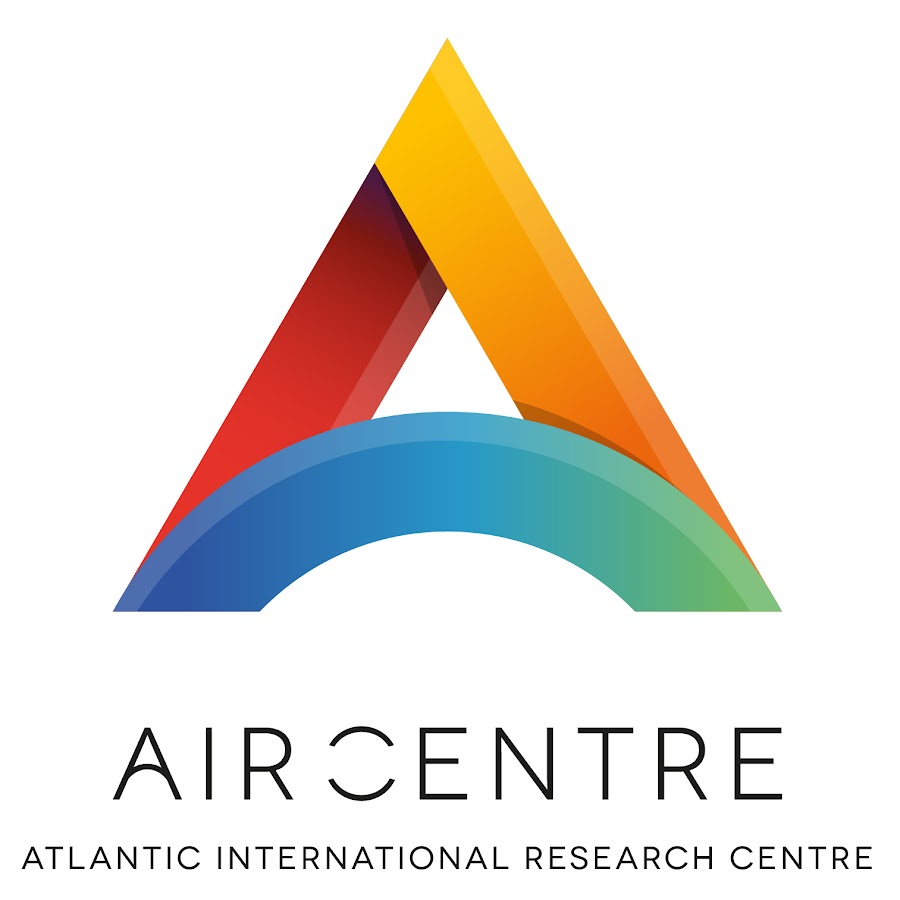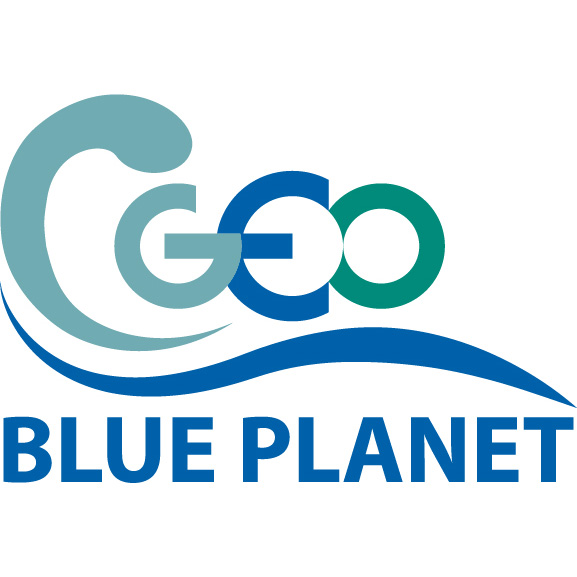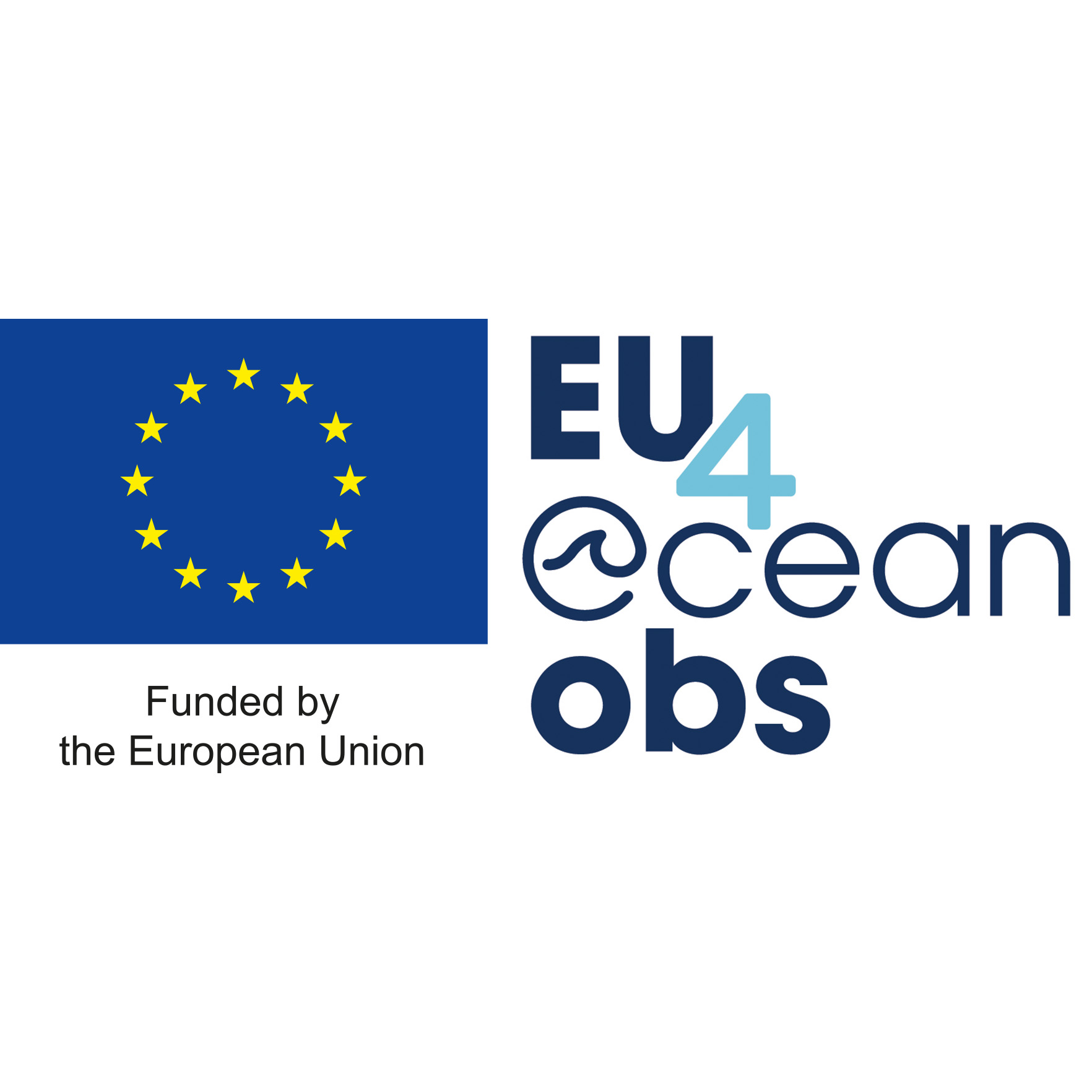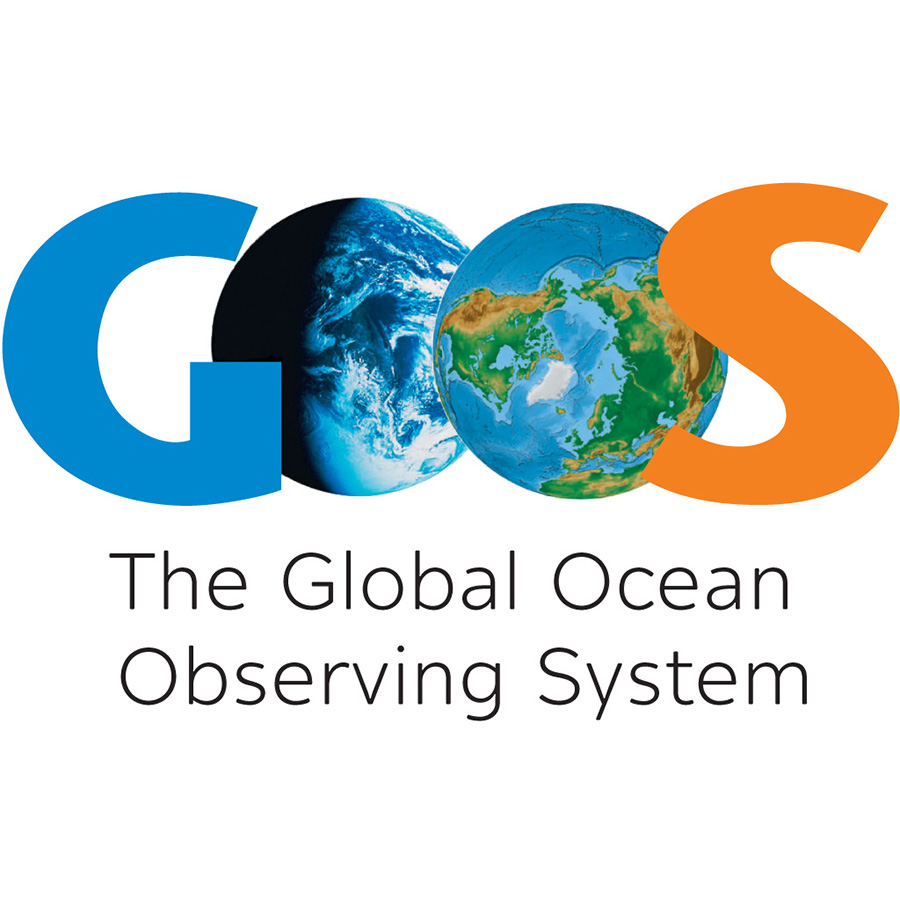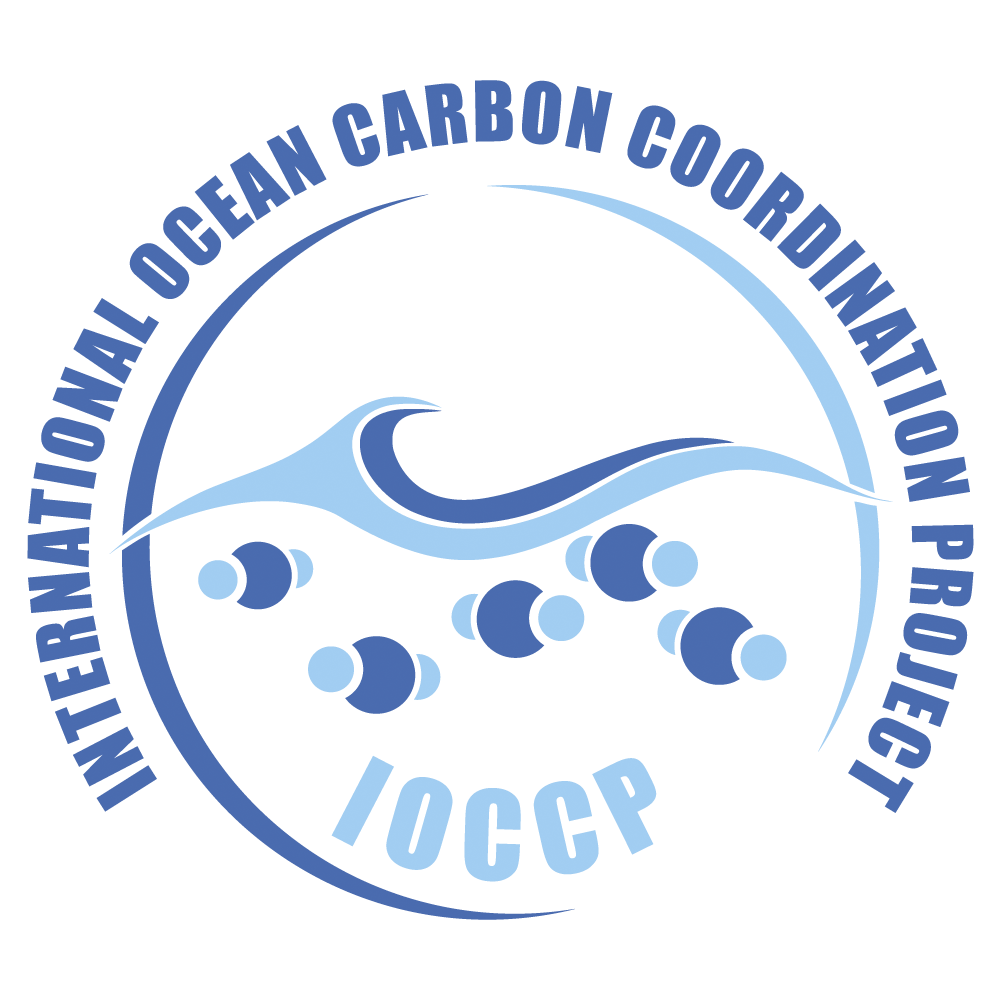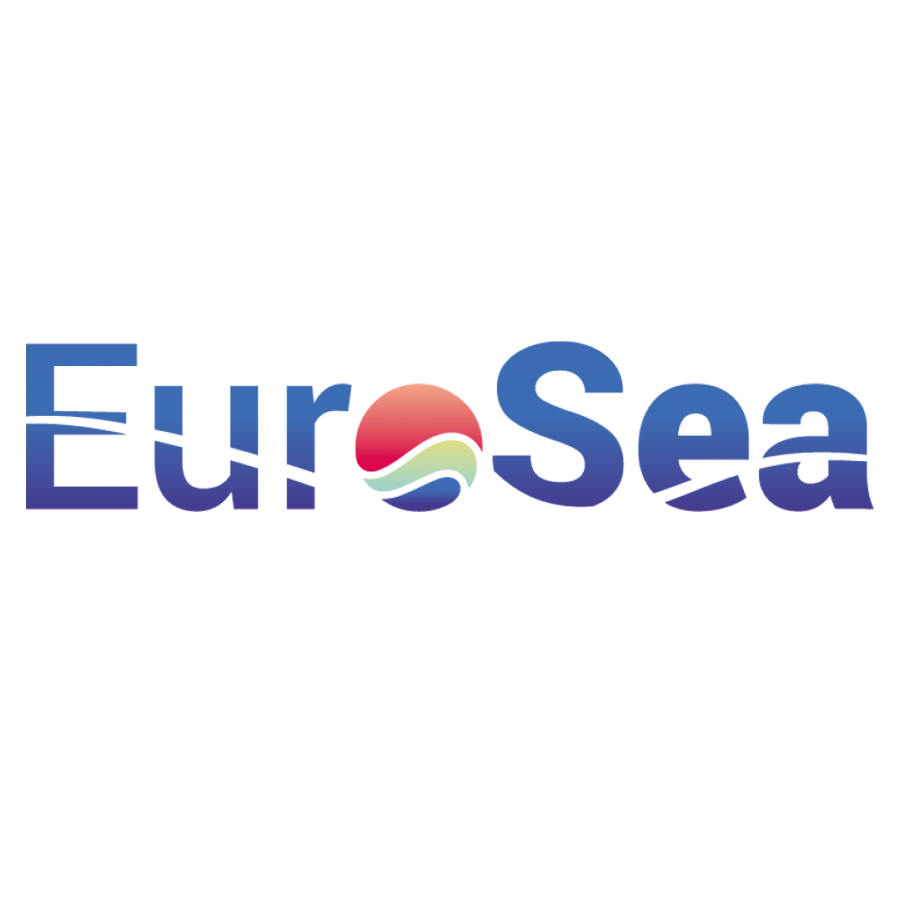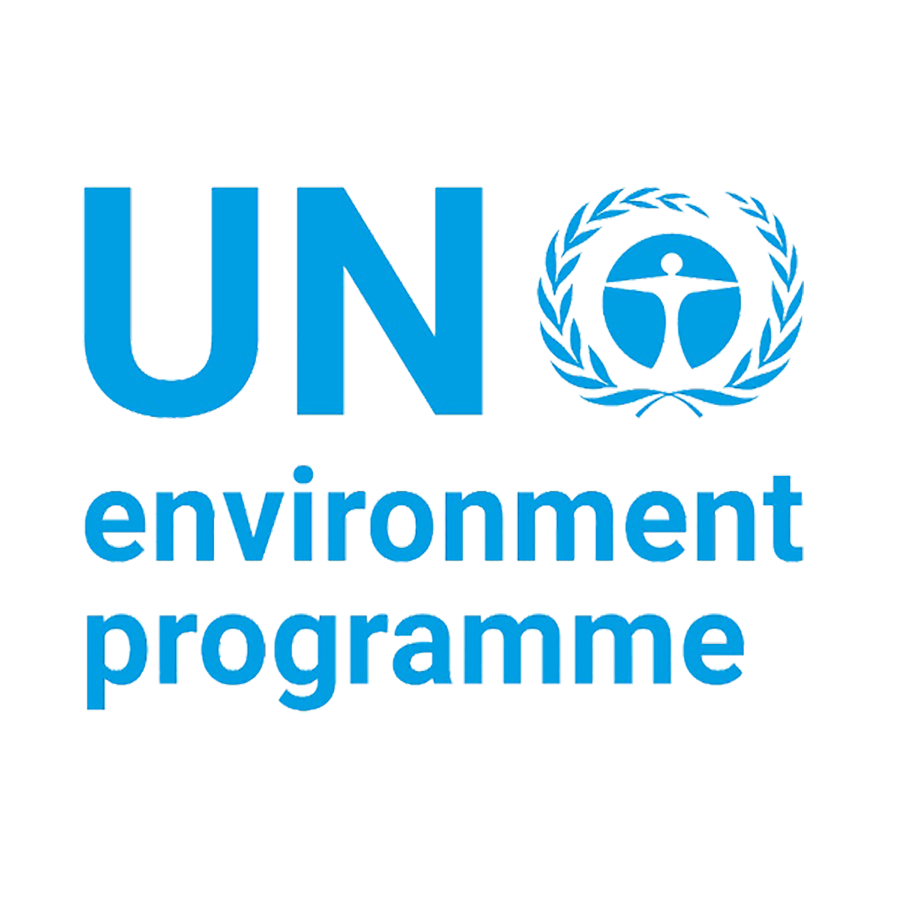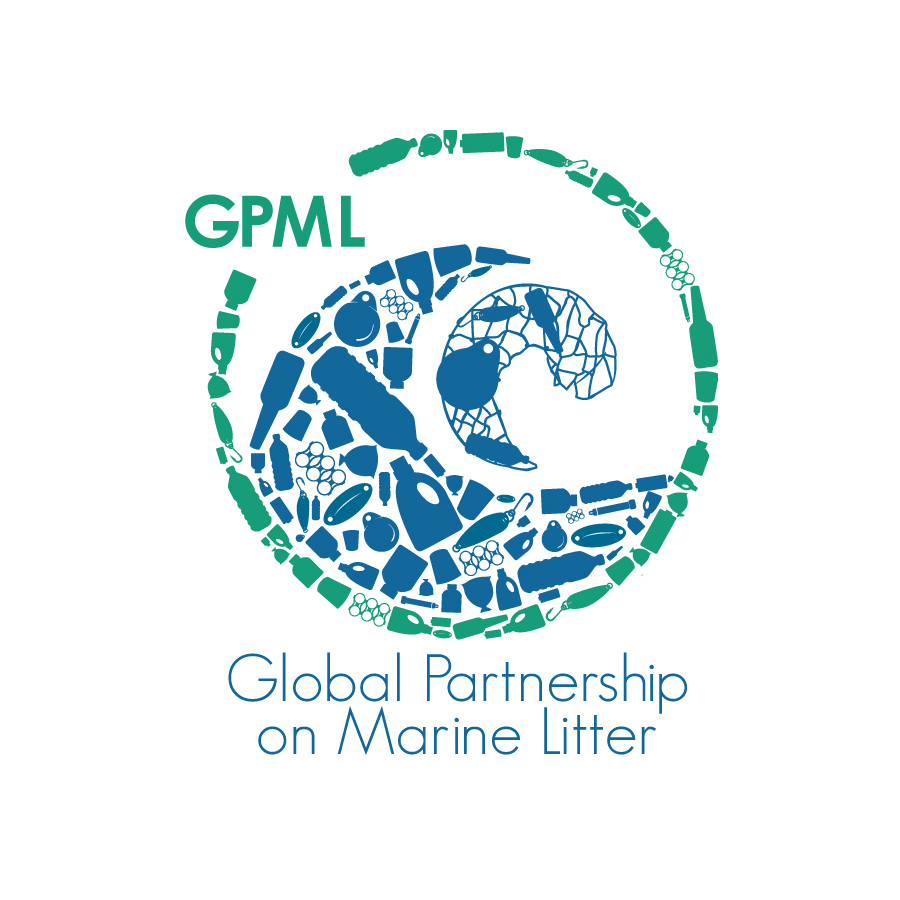Anthropogenic marine debris, particularly plastic litter, poses a growing threat to marine ecosystems, maritime activities, and the wellbeing of ocean users.
Key findings from the United Nation Environment Programme (UNEP) 2021 report on a “Global Assessment of Marine Litter and Plastic Pollution- from Pollution to Solution” highlight that marine litter and plastic pollution is a growing transboundary, multi-dimensional problem with economic, environmental, cultural, and human health risks and associated costs.
The United Nations Sustainable Development Goal (SDG) 14 set out as one if its targets to “by 2025, prevent and significantly reduce marine pollution of all kinds, from land-based activities, including marine debris and nutrient pollution”. However, tackling marine litter and plastic pollution requires action across the full lifecycle of plastic, including its production, design, and disposal and thus must consider many other SDG Goals (6, 11, 12, 15 and 17). The way forward has recently been paved by the historic resolution to end plastic pollution and forge an international legally binding agreement by 2024, endorsed by representatives from 175 nations at the 5th session of the United Nations Environment Assembly (UNEA-5) in March 2022.
Global Partnership on Marine Litter Digital Platform (GPML)
To achieve the ambitious goals of the UN SDGs and of the UNEA5 resolution, there is a critical need for accurate, up-to-date information on marine litter, plastic pollution, and related topics. The GPML Digital Platform was set up to that end in 2020 and seeks to connect and inform all actors working to address marine litter and plastic pollution. The GPML Digital Platform aims to offer a single point of access for current, accurate data and information to support stakeholders’ needs, ranging from scientific research to technological innovation and public outreach, to inform decision-making, educate and raise awareness, facilitate target setting, and advance cooperation.
“Monitoring marine debris is directly relevant for designing measures, and for assessing their effectiveness. National and regional data collection and monitoring activities should be adequate and compatible. This should be also reflected in a future efficient global architecture to fight plastic pollution” – Michail Papdoyannakis (European Commission) All-Atlantic 2021
Monitoring global marine plastic litter and understanding its transport are the key pillars for supporting the establishment of realistic plastic litter reduction targets and developing policies to reach these targets. It is then central for the implementation, adjustment, and evaluation of plastic pollution reduction policies. The UNEP 2021 “Pollution to Solution” report emphasises that despite the significant improvements in detecting and quantifying marine litter the coordination and cooperation among existing monitoring programmes remain a challenge.
The Integrated Marine Debris Observing System (IMDOS)
IMDOS was first presented by a large group of experts at the OceanObs’19 conference as a strategic instrument to provide guidance and coordination for a global sustained observing system to strengthen the scientific knowledge and support strategic actions related to marine debris pollution. IMDOS aims to build up, develop and apply a global and integrated observing system dedicated to marine debris with harmonised observing tools, approaches, and products while embracing the full complexity of the composition, dynamics, and impacts. The synthesis of a variety of observations is thus required to provide long-term monitoring of anthropogenic marine debris and to support operational activities and strategic planning to mitigate impacts. IMDOS relies on the intelligent and dynamic integration of shoreline and at-sea in situ observations, remote-sensing, and numerical modelling.
To succeed in its endeavour, IMDOS mobilises a wide range of experts from relevant fields at the international level and builds on existing observing systems, networks, communities of practices and civil society initiatives while helping to set up new ones where needed.
Establishing a globally coordinated IMDOS is supported by the UNESCO/ Intergovernmental Oceanographic Commission (IOC) Global Ocean Observing System (GOOS) programme and the Group on Earth Observations (GEO) Blue Planet initiative and in partnership with several international organisations and expert working groups such as SCOR WG FLOTSAM, IOCCG Task Force on Remote Sensing of Marine Litter, and the MSFD Technical Group on Marine Litter. IMDOS will support the development of harmonised observations for the benefit of scientific research advancement and for the development of innovative solutions, mitigating actions and informed policymaking. To this end, IMDOS is developing a partnership with the GPML to ensure a two-way flow of information between the data providers and data users and other stakeholders via the newly developed GPML Digital Platform.
Download IMDOS flyer, by clicking here.
